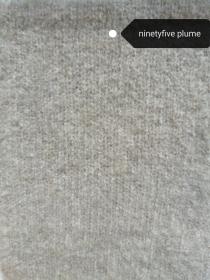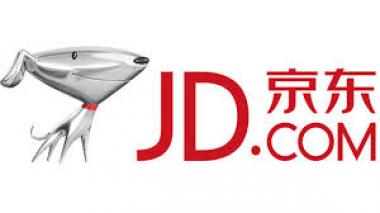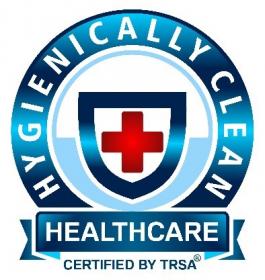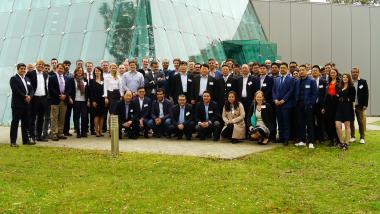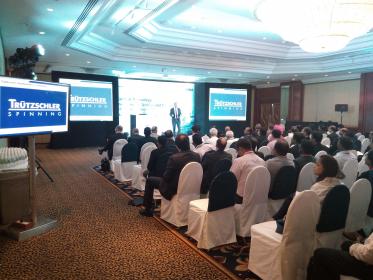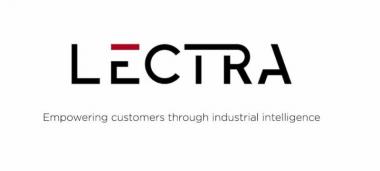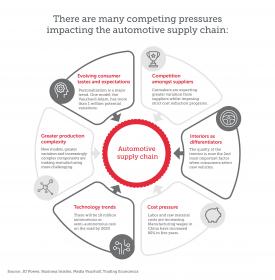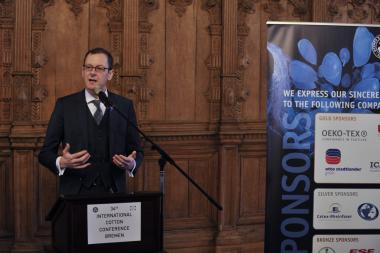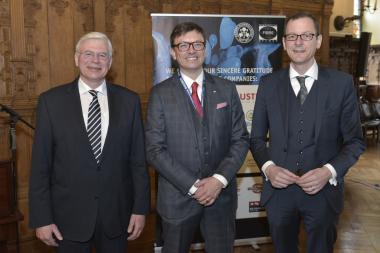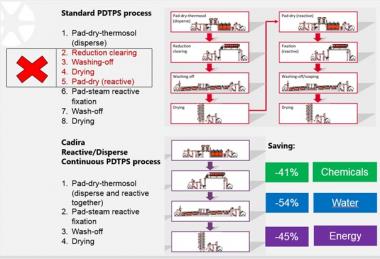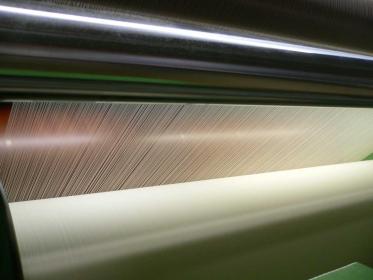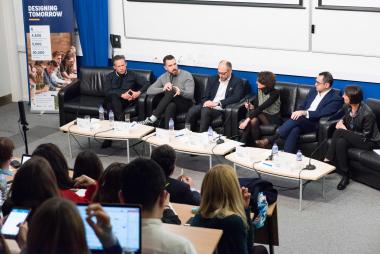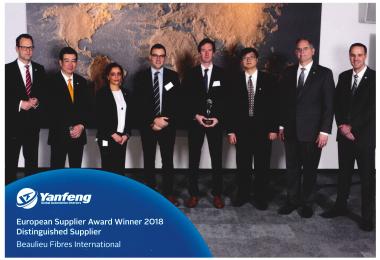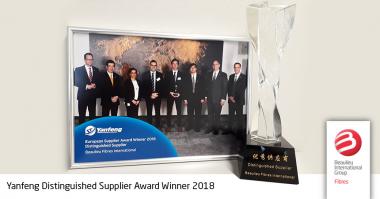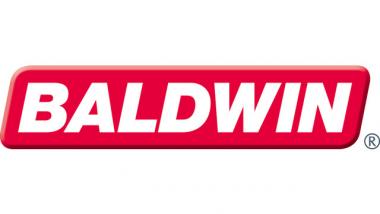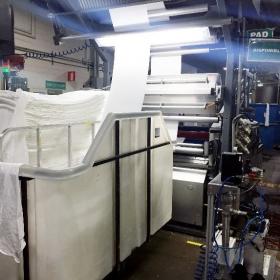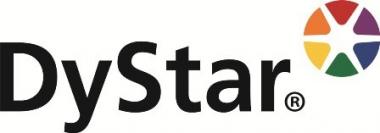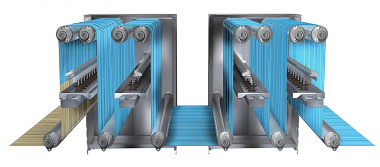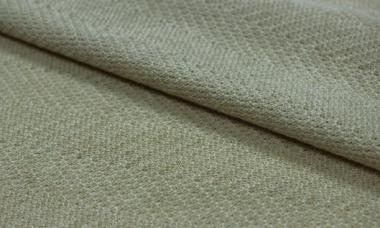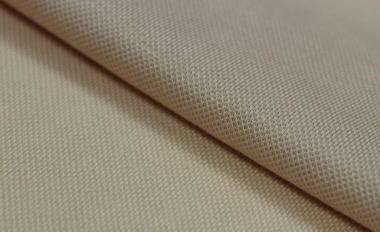ROICA™ Infuses Eco-Smart Technology into High Performance Stretch at EUROBIKE on July 9th 2018
EUROBIKE, the world’s leading trade fair for the cycling industry, will include ROICA™ smart innovations into the race. Cycle retailers, brands and manufacturers will discover ROICA™ premium stretch that provides comfort and movement as it energizes.
ROICA™ will go the distance as they join this year’s EUROBIKE Academy line-up and host an interactive panel focused on sustainability as an added value for the cycling market. Whether an expert or newcomer, the must attend panel titled; What is Smart Innovation in the Biking Market? will be held on Monday, July 9th from 12:00-12:45 in Conference Center East, Room London. Moderated by Giusy Bettoni, CEO, C.L.A.S.S. (Creativity Lifestyle And Sustainable Synergy), a Milan based company generating global strategies and identifying new values essential for today’s knowledgeable conscious consumer. The panel will lead the way, as they share their expertise and discuss what they are doing to push the boundaries of innovation. They will highlight responsible dimensions and processes currently available. The all-star lineup includes:
Uwe Schmidt, Asahi Kasei’s ROICA™, Managing Director introduces cycle enthusiasts, brands, retailers and manufacturers to the world’s first premium sustainable stretch yarn: ROICA™ Eco-Smart and the ROICA™ Feel Good family dedicated to well-being.
Laura Gambarini, marketing and communication manager at M.I.T.I. S.p.A.: M.I.T.I. Since 1931, M.I.T.I. develops and creates premium and innovative stretch warp knitted fabrics for all the high performance sports. Cycling brands recognize M.I.T.I. as the market leader for the outstanding features of their innovative fabrics. Green soul is their ultimate creation, the first fully sustainable stretch warp knitted range of fabrics in the world, created with ROICA™ Eco-Smart family for the new generation sustainable performance garments.
Sven Koehler, Head of production Maloja Clothing GmbH: Maloja, an outdoor specialty brand with its roots in nature and wellbeing have developed new amazing biking sets constructed of M.I.T.I. SpA fabrics using certified yarns belonging to ROICA™ Eco-Smart family.
Sergio Alibrandi, Executive Marketing Director Sitip S.p.A.: SITIP creates high-tech innovative sports fabrics that are made in Italy and optimize the latest technology. Committed to smart innovation, learn how they developed their ground-breaking multi-panel thermal bib tights able to generate heat for riders that want to conquer cold winter training. Made from BeHOT fabric constructed with ROICA™ StretchEnergy™, the next level of well-being providing a new dimension to active performance. The audience will learn how leading international cycling brand Santini is using BeHOT with ROICA™ on select products to generate additional heat – up to 2 degrees C as the cyclist moves their body, thanks to ground-breaking heat generating technology as certified by CeRism, Outdoor Sport Research Centre at Verona University.
Spearheading the premium stretch market, ROICA™ partners’ materials elevate new standards for high-tech performance that can enhance cycling products to compete responsibly. ROICA™ partners excite you as they show a fantastic range of stretch essentials for cycling clothing, gear, and apparel that offer solid performance perks. Most importantly, visit ROICA™ partners at EUROBIKE to learn about their ongoing commitment to responsible innovation and creativity.
GB Network






